Throughout history, women have made significant contributions to shaping the world we live in today. From powerful queens and empresses to trailblazing scientists and activists, these female leaders have left an indelible mark on society. Their achievements span various fields, including politics, science, civil rights, and the arts, demonstrating their immense influence and resilience. In this article, we explore the top 18 most influential female leaders in history, highlighting their remarkable stories and the lasting impact they have had on the world. These women not only broke barriers but also inspired future generations to continue striving for progress and equality.
Elizabeth I (1533-1603)
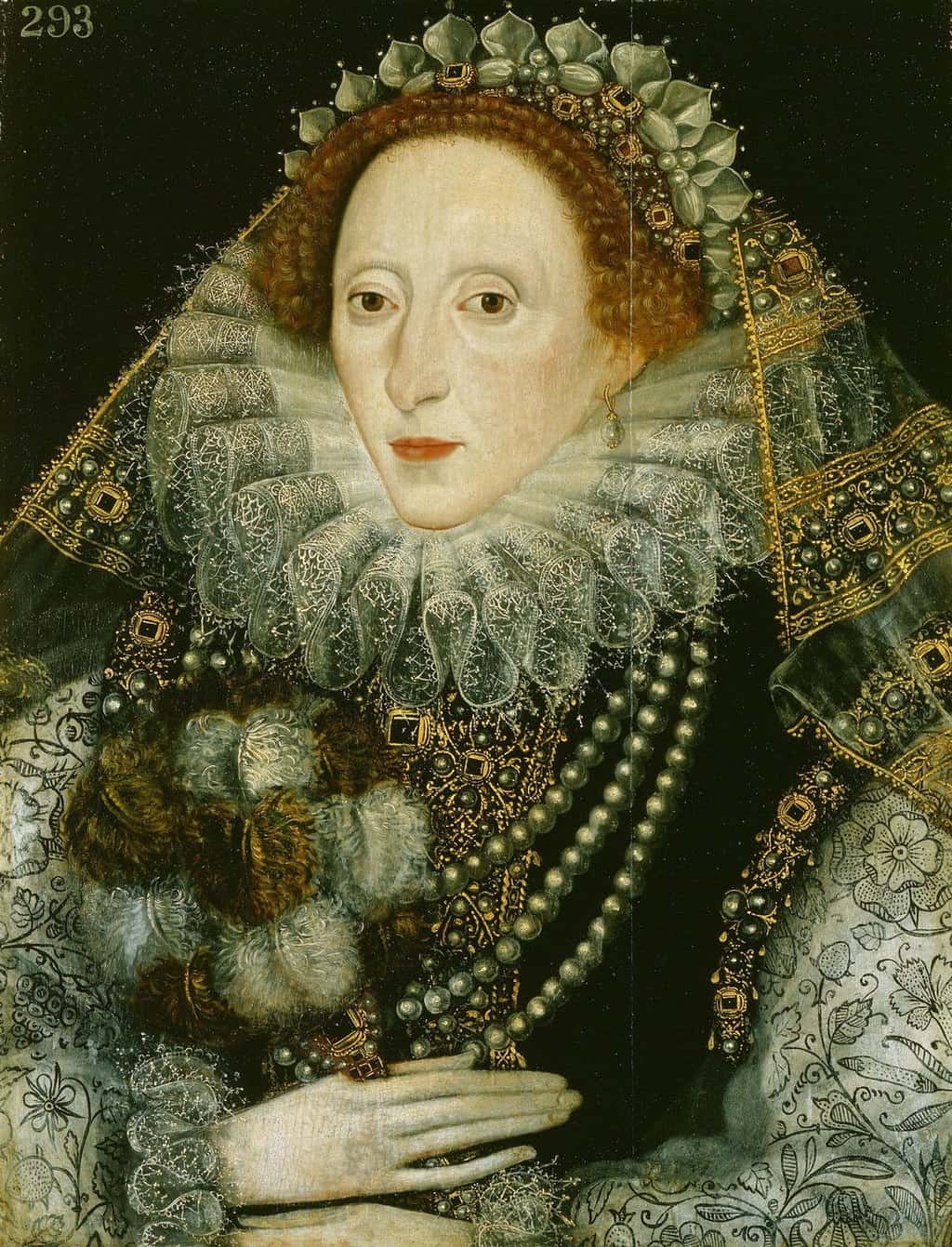
Elizabeth I, also known as the Virgin Queen, ruled England from 1558 until her death in 1603. Her reign, known as the Elizabethan Era, was marked by the flourishing of English drama, led by playwrights such as William Shakespeare and Christopher Marlowe. Elizabeth’s foreign policy included defeating the Spanish Armada in 1588, securing England’s position as a dominant naval power. Her ability to maintain stability and foster economic growth during a time of religious and political upheaval solidified her legacy as one of the most influential monarchs in history.
Empress Wu Zetian (624-705)
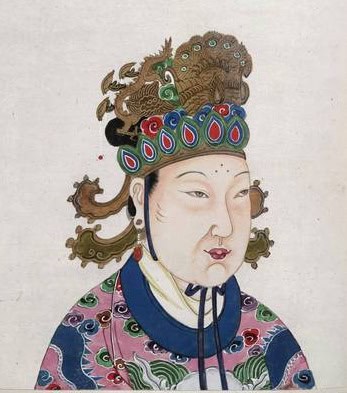
Empress Wu Zetian was the only female emperor in Chinese history, ruling during the Tang Dynasty. She rose from concubinage to become the emperor’s consort and eventually the ruler of China. Wu Zetian implemented significant reforms, including agricultural advancements, educational improvements, and the promotion of Buddhism. Her reign was marked by political acumen and the consolidation of power, making her a formidable and influential leader in Chinese history.
Catherine the Great (1729-1796)
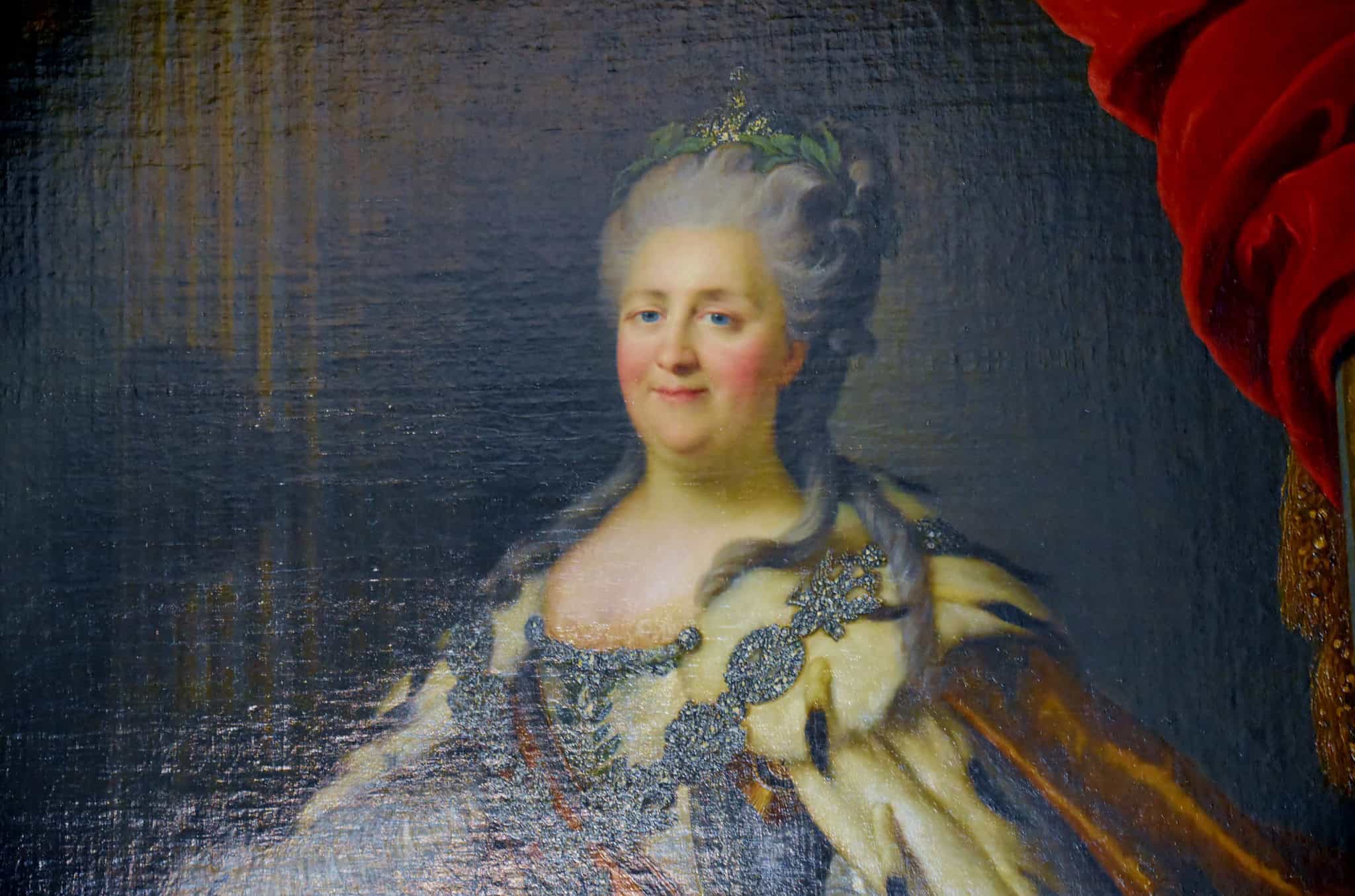
Catherine the Great, born Sophie Friederike Auguste von Anhalt-Zerbst, was the longest-ruling female leader of Russia, reigning from 1762 to 1796. She expanded Russian territories significantly and modernized the administration, economy, and culture of Russia. Catherine was a patron of the arts, education, and the Enlightenment, promoting Westernization and intellectualism. Her reign transformed Russia into a major European power, influencing the nation’s trajectory for centuries.
Hatshepsut (1508-1458 BC)
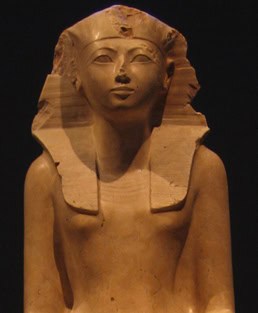
Hatshepsut was one of the most successful pharaohs of ancient Egypt and one of the few women to hold the title. She ruled as regent for her stepson Thutmose III but later declared herself pharaoh. Hatshepsut’s reign was marked by peace, prosperity, and monumental building projects, including her famous mortuary temple at Deir el-Bahri. She established trade networks that brought wealth and luxury to Egypt, ensuring her legacy as a powerful and effective leader.
Maria Theresa of Austria (1717-1780)
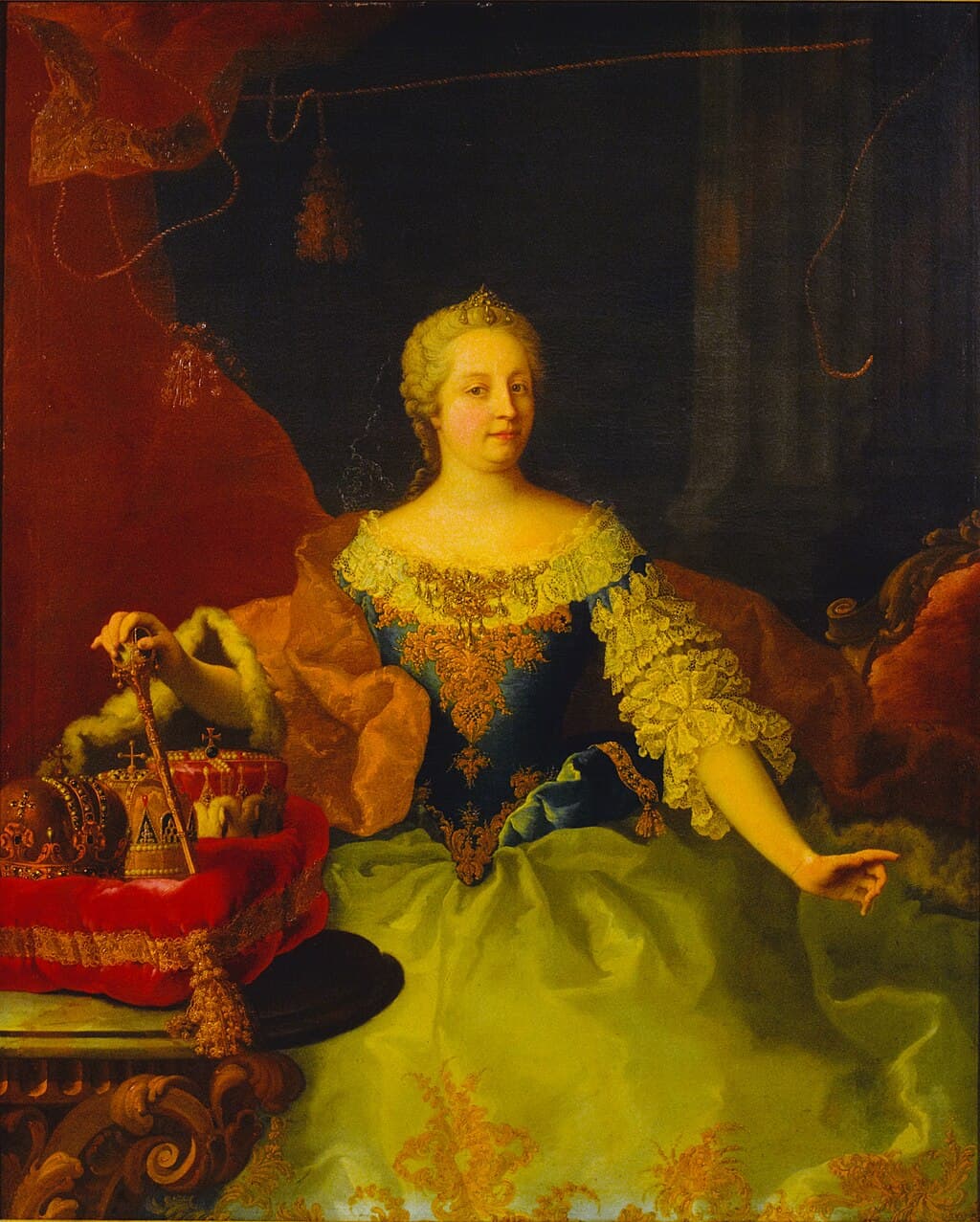
Maria Theresa was the only female ruler of the Habsburg dominions and the last of the House of Habsburg. She ruled Austria, Hungary, and Bohemia from 1740 until her death in 1780. Maria Theresa implemented comprehensive reforms in the administration, military, and education systems. Her pragmatic policies strengthened the Habsburg Empire and left a lasting impact on the structure of modern Central Europe. She also secured her dynasty’s future through strategic marriages of her children, including Marie Antoinette.
Empress Dowager Cixi (1835-1908)
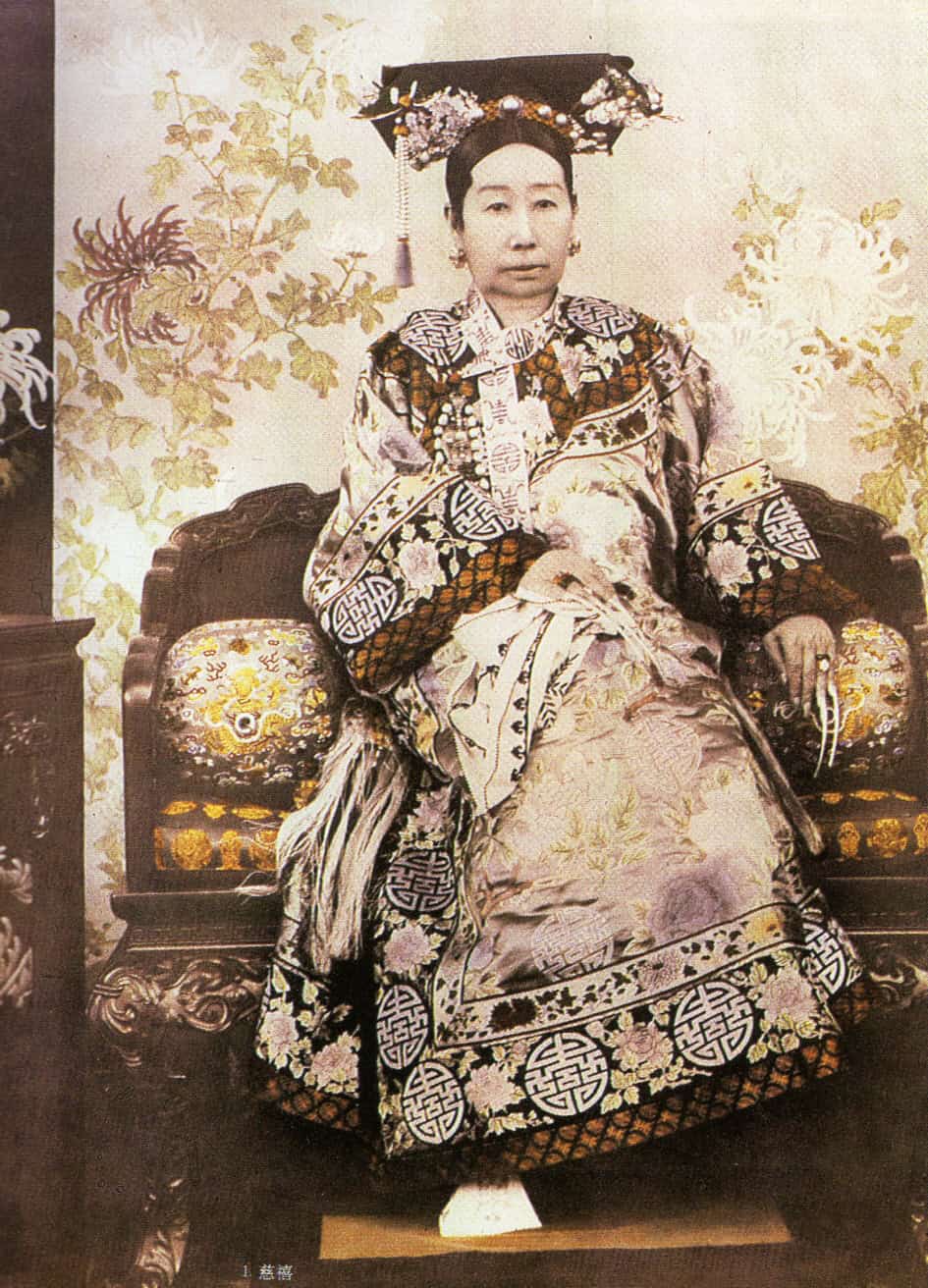
Empress Dowager Cixi effectively controlled the Chinese government in the late Qing Dynasty for nearly half a century. Initially a concubine, she became the de facto ruler after the death of her husband, Emperor Xianfeng, and ruled through her son and nephew. Cixi’s reign saw significant modernization efforts, including the introduction of railways, telegraphs, and a navy. Despite her controversial methods and the challenges of foreign invasions and internal rebellions, she left an indelible mark on China’s transition into the modern era.
Queen Victoria (1819-1901)
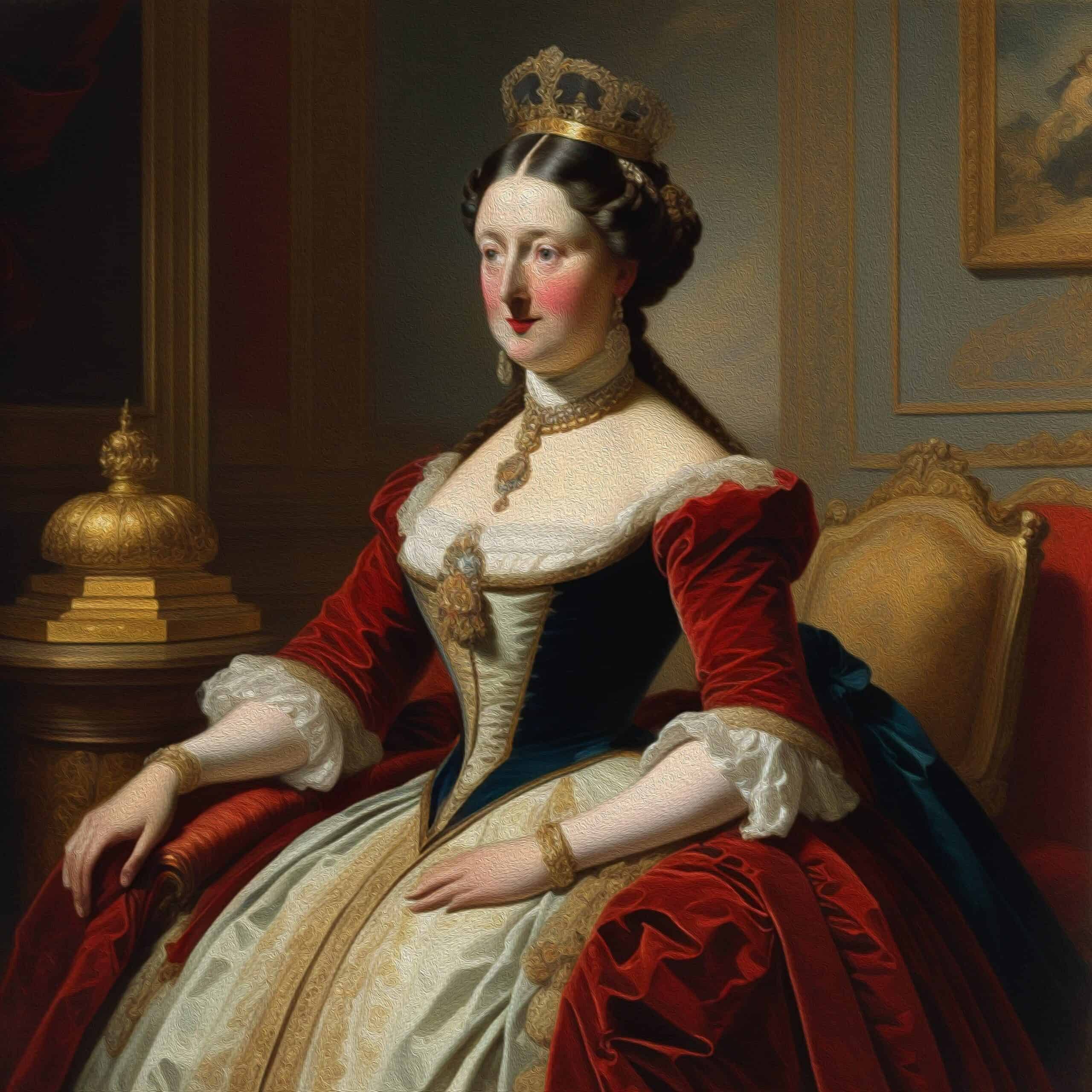
Queen Victoria ruled the British Empire from 1837 to 1901, a period known as the Victorian Era. Her reign saw unprecedented industrial, cultural, political, and scientific change, and the expansion of the British Empire. Victoria’s influence extended globally as the empire covered a quarter of the world’s landmass. She became a symbol of British pride and morality, and her legacy includes advancements in social and economic policies that shaped modern Britain.
Indira Gandhi (1917-1984)
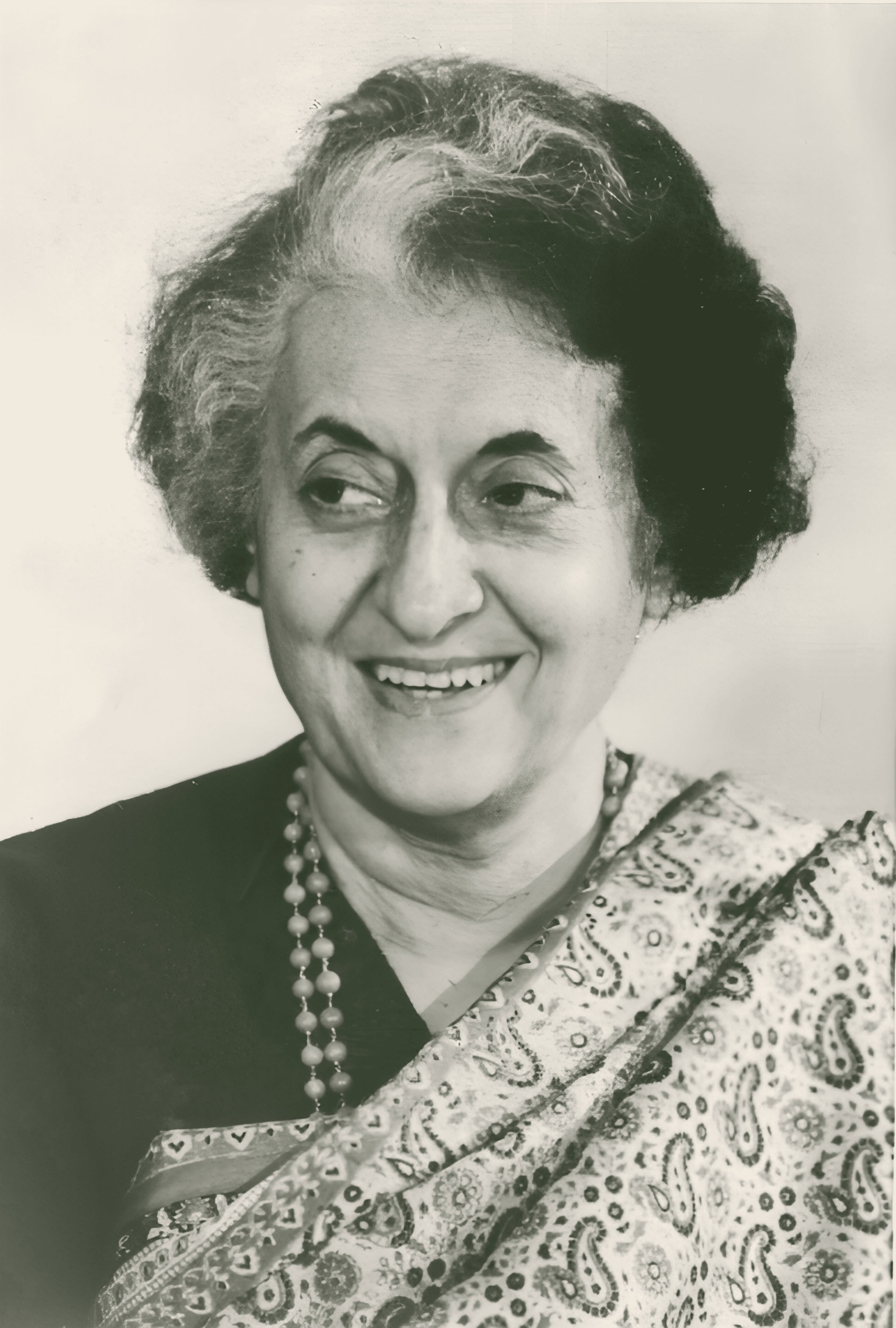
Indira Gandhi was the first and, to date, the only female Prime Minister of India, serving from 1966 to 1977 and again from 1980 until her assassination in 1984. Her tenure was marked by efforts to strengthen India’s economy through the Green Revolution, which transformed India into a self-sufficient food producer. Despite controversies, including the imposition of a state of emergency from 1975 to 1977, her leadership established India as a significant player on the global stage.
Elizabeth II (1926-2022)
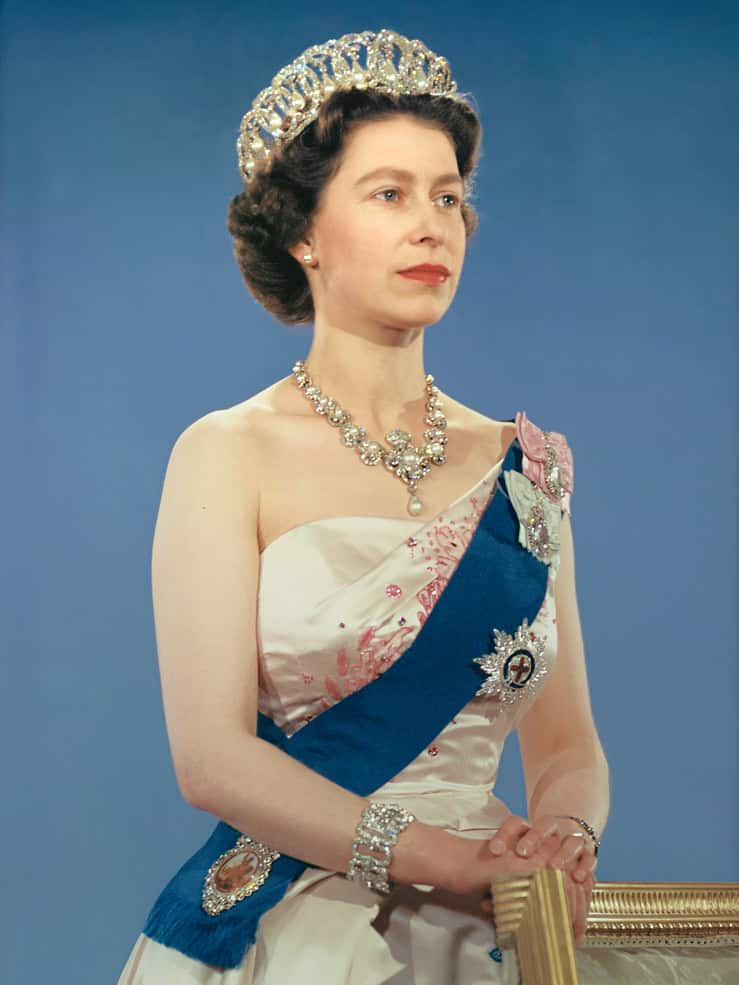
Queen Elizabeth II reigned as the monarch of the United Kingdom and other Commonwealth realms from 1952 until her death in 2022, making her the longest-serving current head of state at the time of her passing. Her reign oversaw significant changes, including decolonization and the transformation of the British Empire into the Commonwealth of Nations. Elizabeth II maintained a stable and influential role through times of great change, earning widespread respect and affection globally.
Sojourner Truth (1797-1883)
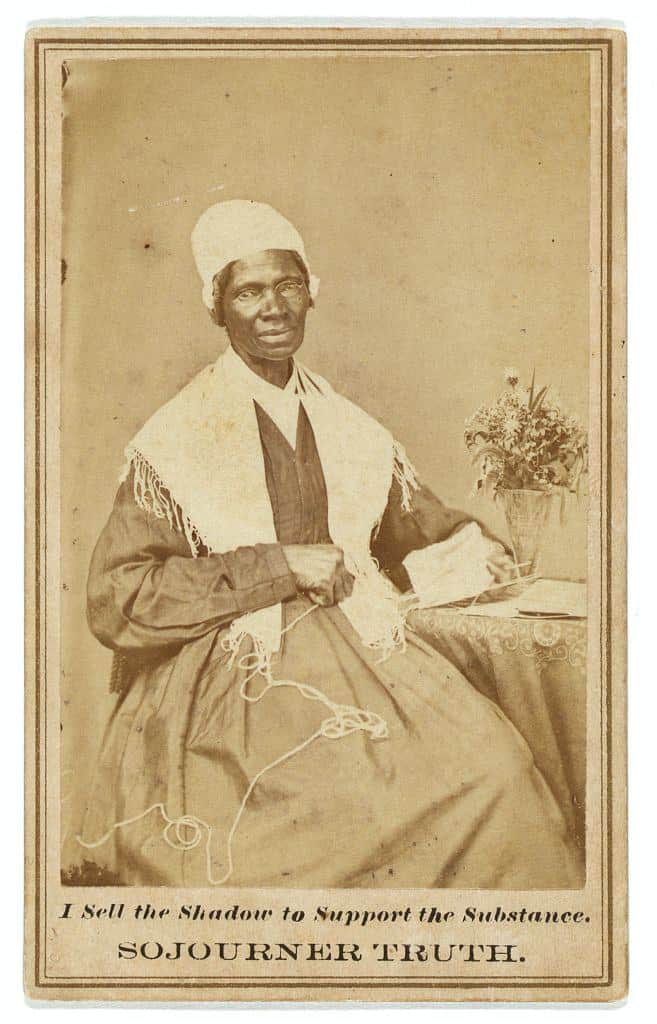
Sojourner Truth was an African American abolitionist and women’s rights activist who escaped slavery and became a leading voice in the fight for emancipation and equal rights. Her powerful speeches, including the famous “Ain’t I a Woman?” address, highlighted the intersectionality of race and gender. Truth’s advocacy for the rights of African Americans and women made her a pivotal figure in the movements for social justice and equality.
Grace Hopper (1906-1992)
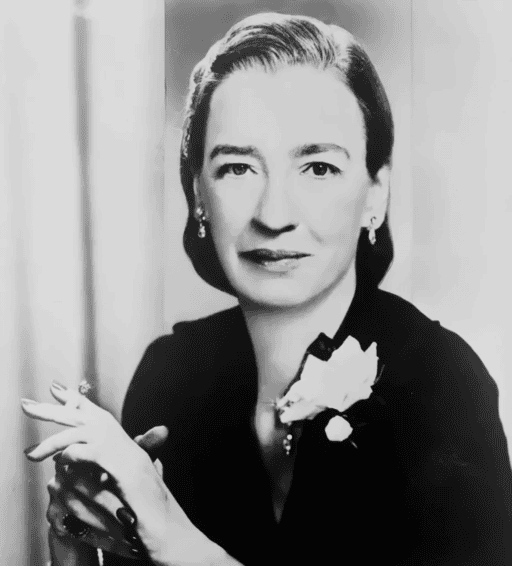
Grace Hopper was a pioneering computer scientist and United States Navy rear admiral. She was instrumental in the development of the early computer language COBOL, which made programming more accessible and is still in use today. Hopper’s work on the Harvard Mark I computer during World War II and her innovations in software development laid the groundwork for modern computing. Her contributions to computer science and the military earned her the nickname “Amazing Grace.”
Rosalind Franklin (1920-1958)
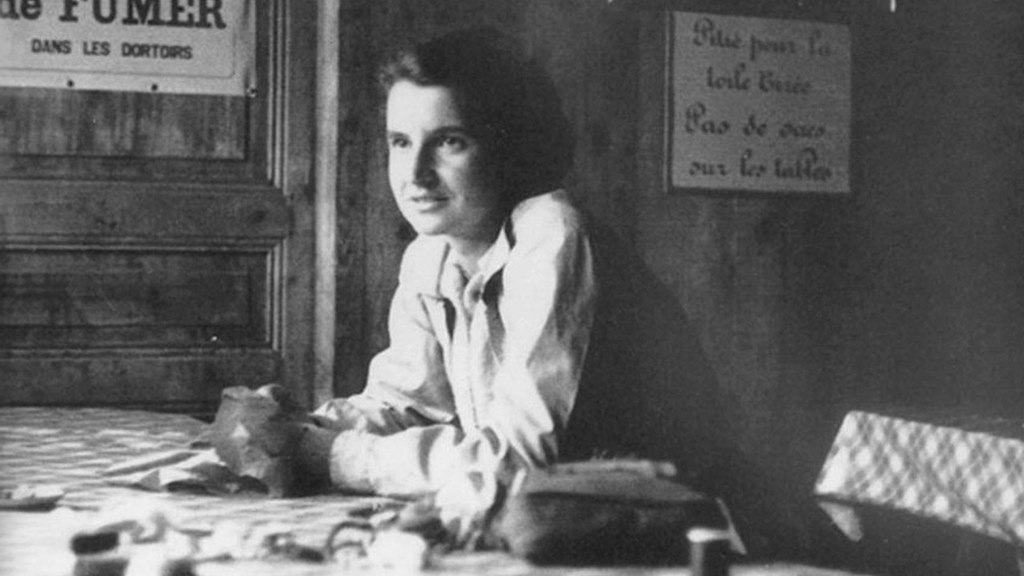
Rosalind Franklin was a British biophysicist whose work with X-ray diffraction was crucial to the discovery of the DNA double helix. Despite not receiving the same recognition as her male counterparts, Franklin’s research provided critical insights that helped James Watson and Francis Crick develop their famous DNA model. Her contributions to understanding the molecular structures of DNA, RNA, viruses, coal, and graphite have had a lasting impact on science and medicine.
Golda Meir (1898-1978)
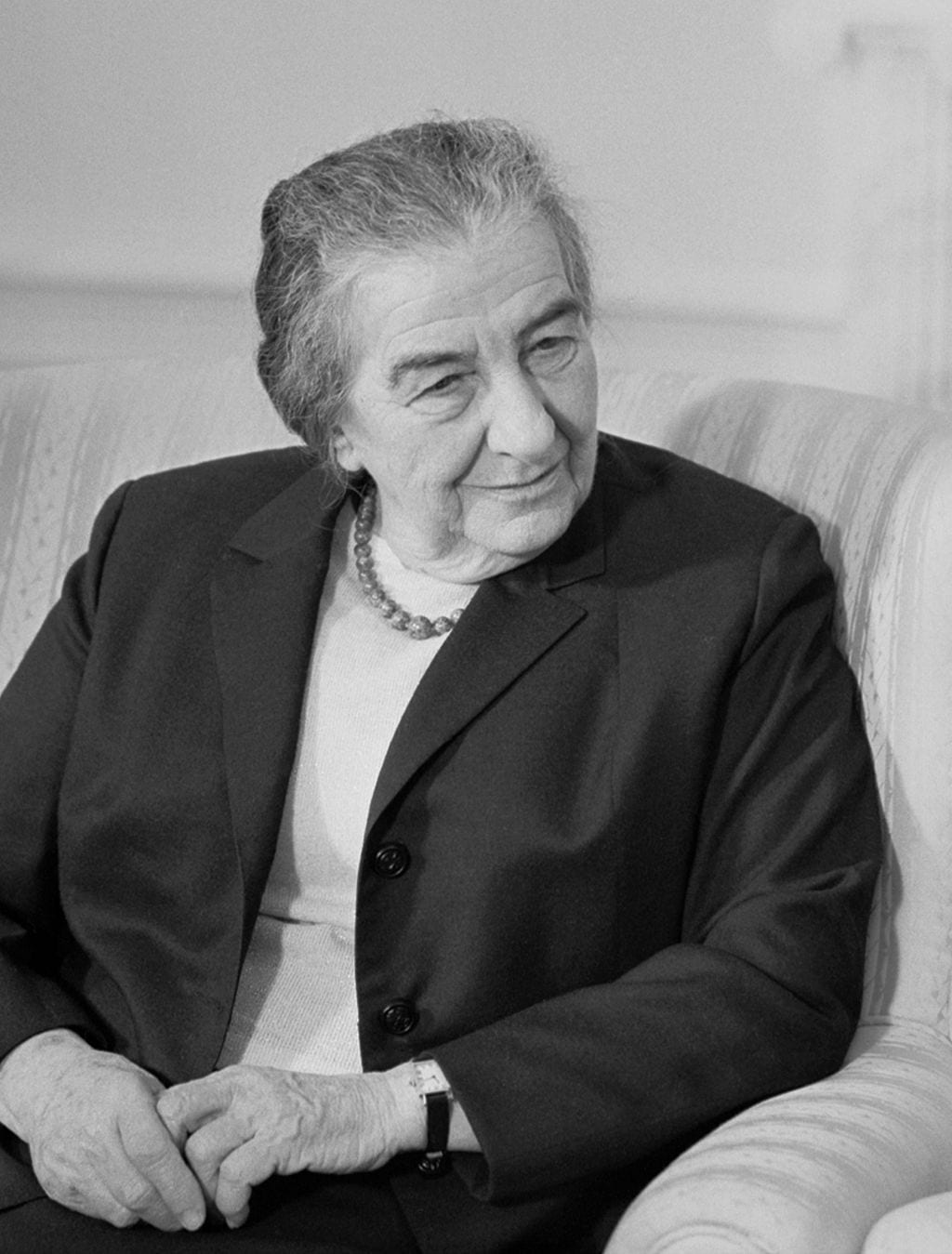
Golda Meir was the fourth Prime Minister of Israel and one of the world’s first female heads of government. She played a key role in the establishment of the State of Israel and served as a diplomat and politician before becoming prime minister in 1969. Meir’s leadership during the Yom Kippur War and her efforts to secure peace and security for Israel left a significant legacy in Israeli and global politics.
Benazir Bhutto (1953-2007)
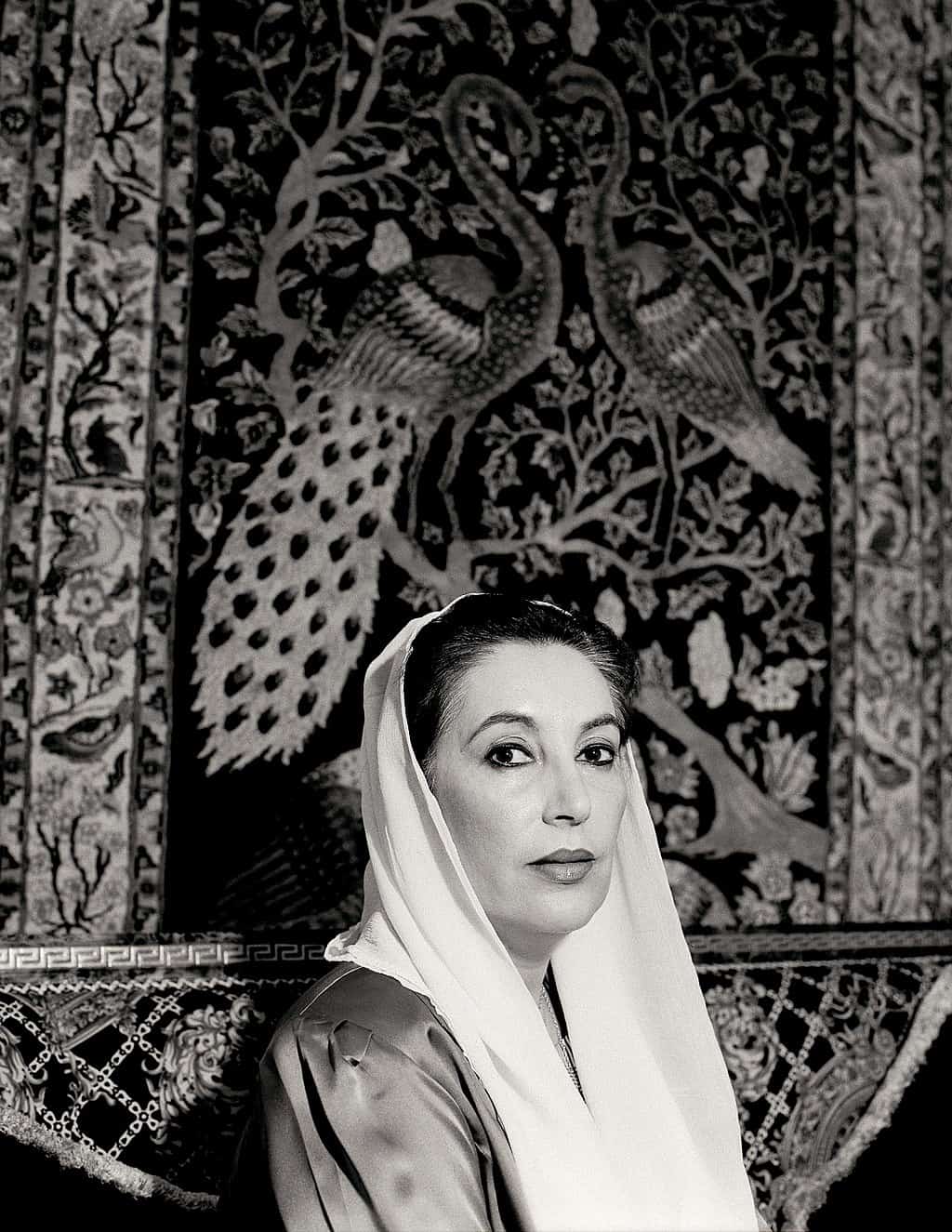
Benazir Bhutto was the first woman to head a democratic government in a majority Muslim nation, serving as Prime Minister of Pakistan in the late 1980s and 1990s. Her tenure focused on modernizing Pakistan and promoting economic reform, education, and women’s rights. Bhutto’s leadership and tragic assassination highlighted the challenges faced by female leaders in volatile political landscapes, making her a symbol of perseverance and hope for democratic governance.
Harriet Tubman (1822-1913)
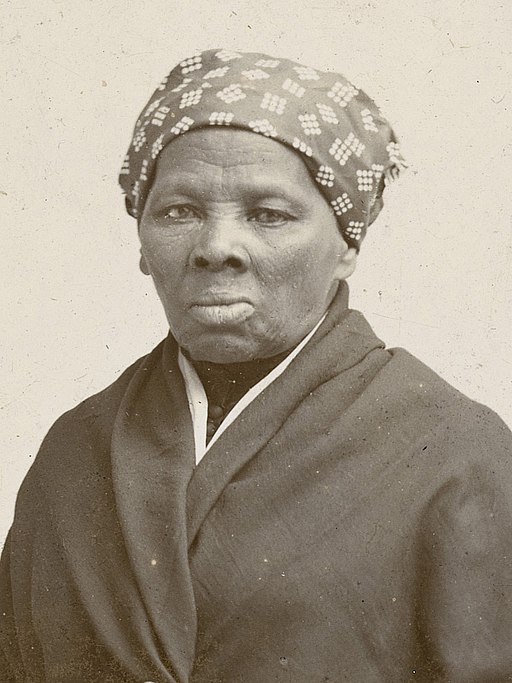
Harriet Tubman was an American abolitionist and political activist who escaped slavery and subsequently made numerous missions to rescue enslaved people using the Underground Railroad. Tubman’s bravery and leadership in leading others to freedom earned her the nickname “Moses.” She also served as a spy and nurse for the Union Army during the Civil War. Tubman’s legacy as a champion of freedom and human rights continues to inspire generations.
Emmeline Pankhurst (1858-1928)
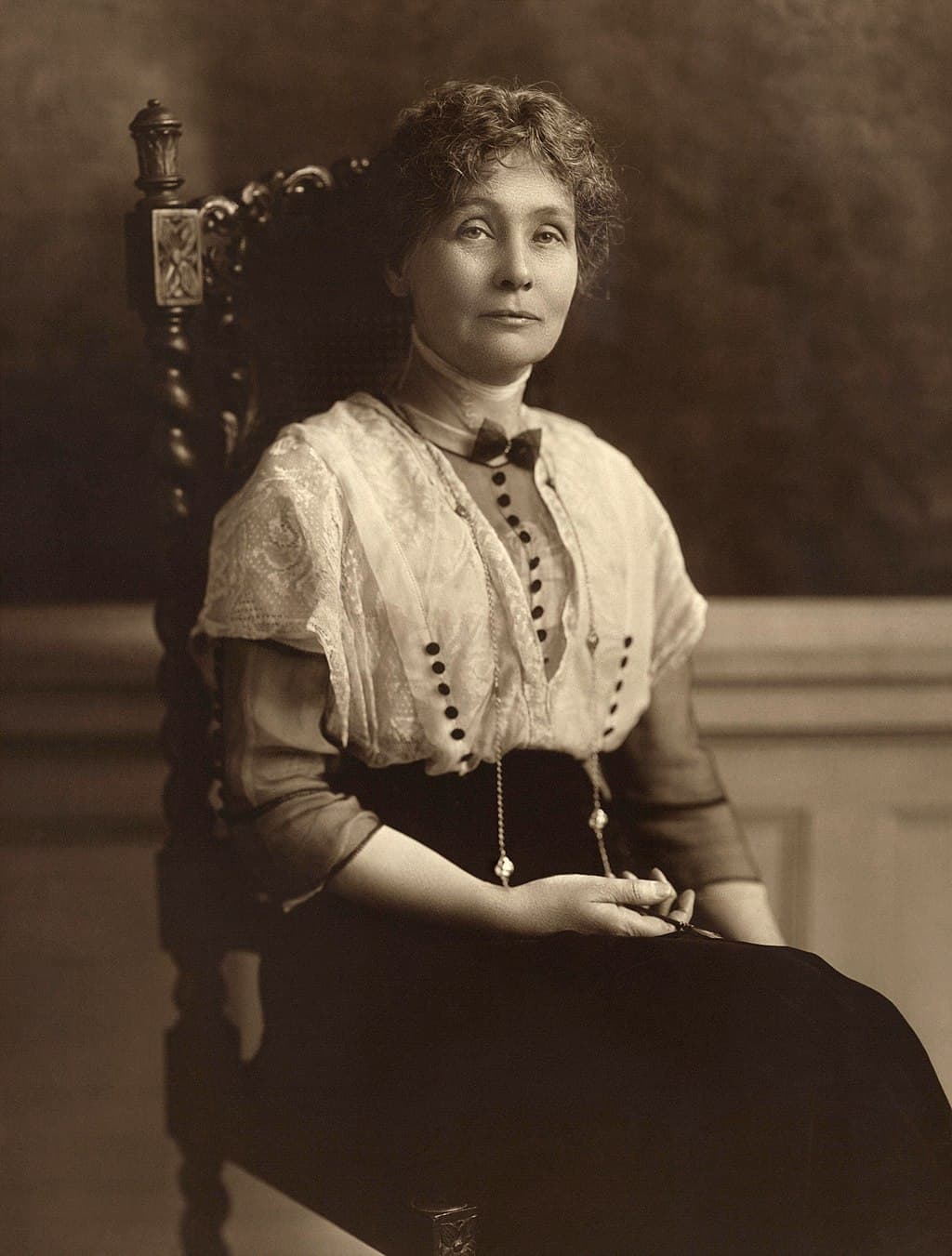
Emmeline Pankhurst was a British political activist and leader of the suffragette movement, which fought for women’s right to vote. She founded the Women’s Social and Political Union (WSPU) and was known for her militant tactics to draw attention to the suffrage cause. Pankhurst’s relentless campaigning and activism were instrumental in achieving voting rights for women in the UK, leaving a profound impact on the feminist movement worldwide.
Rosa Parks (1913-2005)
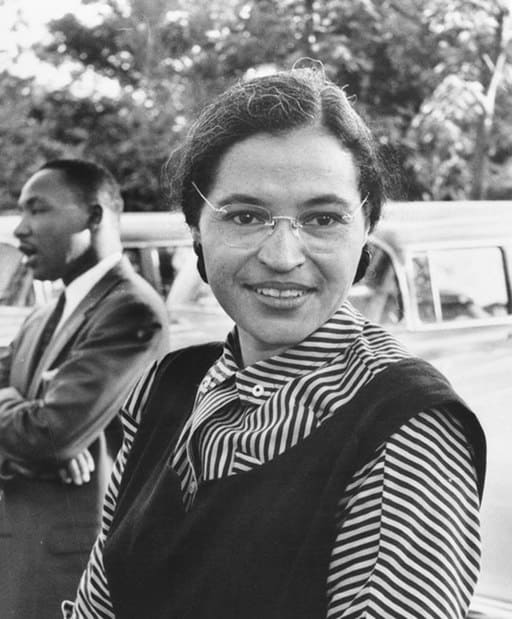
Rosa Parks, an African American civil rights activist, famously refused to give up her seat to a white passenger on a segregated bus in Montgomery, Alabama, in 1955. Her act of defiance sparked the Montgomery Bus Boycott, a pivotal event in the Civil Rights Movement. Parks’ courage and steadfastness earned her the title “Mother of the Civil Rights Movement,” highlighting her significant role in the fight against racial segregation and discrimination.
Frida Kahlo (1907-1954)
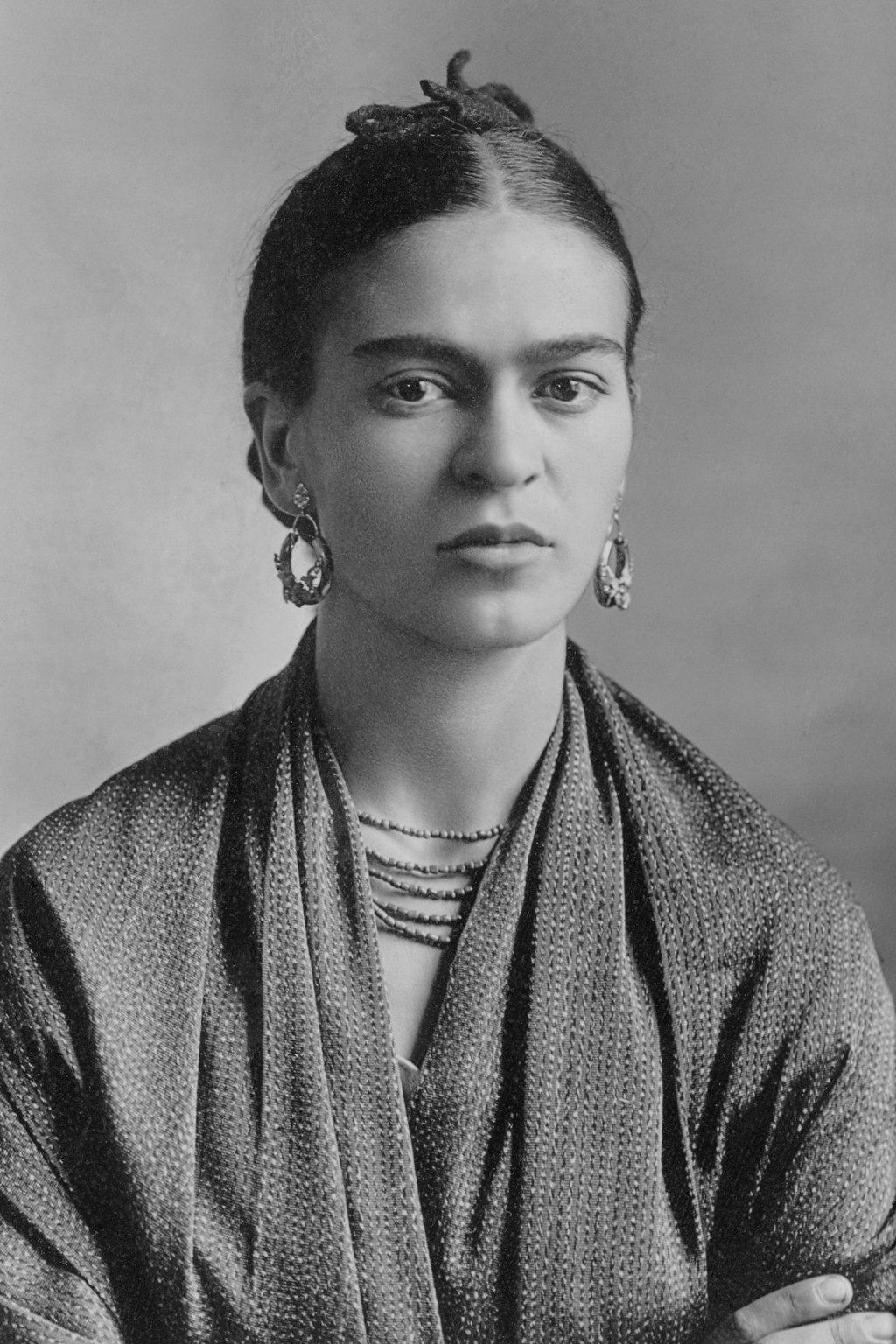
Frida Kahlo was a Mexican painter known for her self-portraits and works inspired by nature and Mexican culture. Her art, characterized by vibrant colors and surrealist elements, often explored themes of identity, postcolonialism, gender, class, and race. Kahlo’s work gained international acclaim, and she became a symbol of resilience, feminism, and artistic freedom. Her influence extends beyond art, inspiring movements for gender equality and cultural pride.
This article originally appeared on Rarest.org.
More from Rarest.org
14 Rare Ferns Growing in Secluded Areas

Ferns are among the oldest plants on Earth, thriving in a variety of habitats, including some of the most secluded and undisturbed areas. Read more.
8 Unique Vintage Toy Cars

Vintage toy cars are more than just playthings. They capture the imagination and history of automotive design. Read more.
8 Most Elusive Superhero Figures

Superhero figures have captured the imagination of fans for decades. Some figures remain elusive and highly sought after by collectors. Read more.
